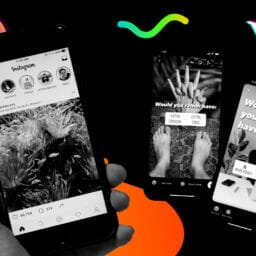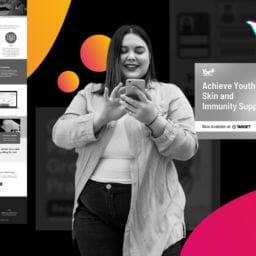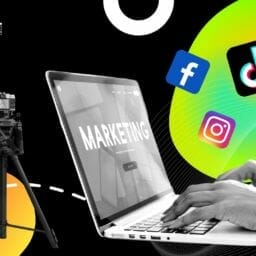What Are Brand Ambassadors And How Do They Redefine Branding In the Digital Age

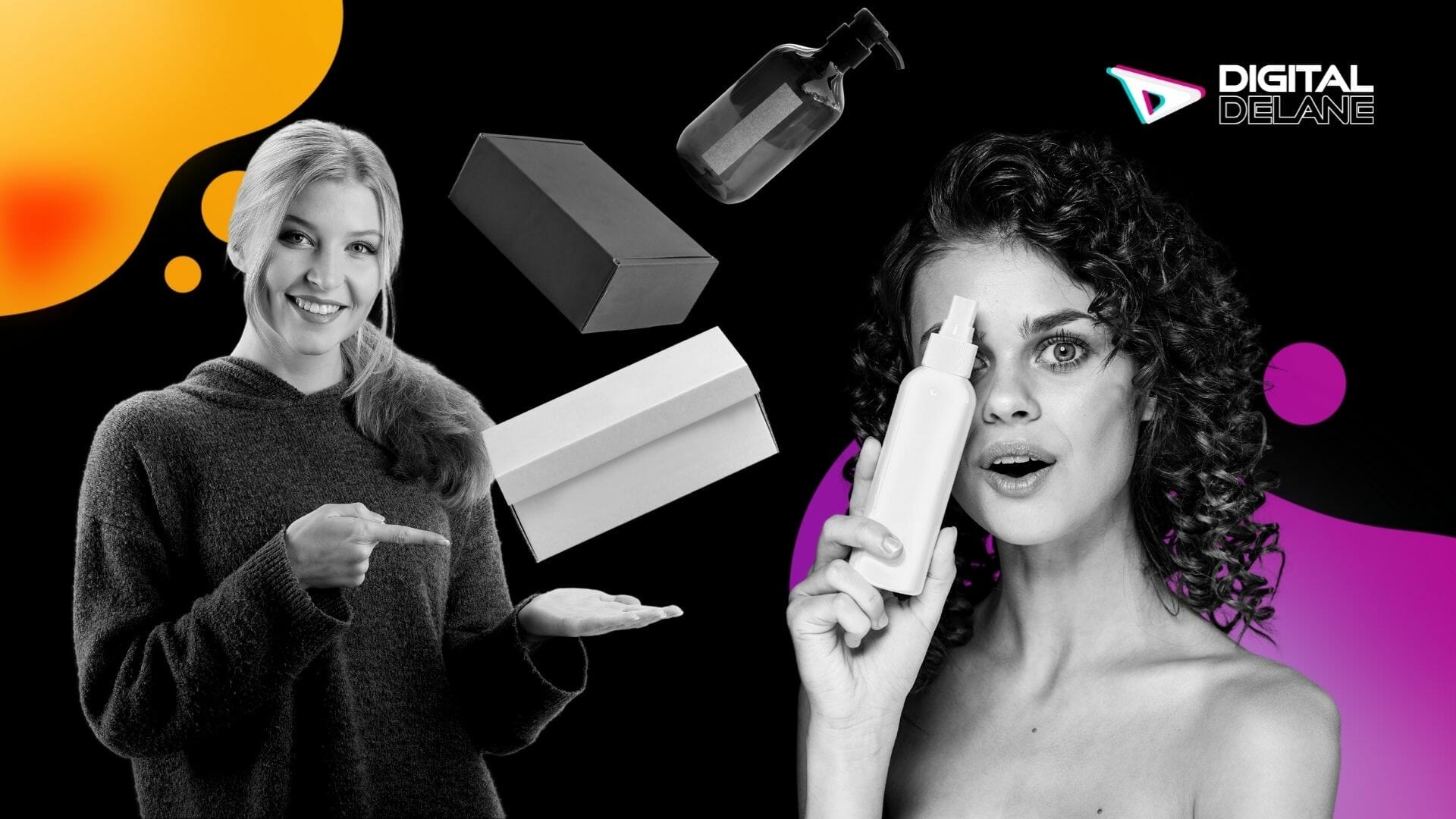





Making a personal connection with members of your target market is becoming more complex as consumers spend more time online. Ads are everywhere, and we’ve all become used to tuning them out. Do you remember the last time you didn’t skip a video pre-roll ad after five seconds? Most of us hit the “Skip ads” button without a second thought or scroll right past non-video ads.
What is a Brand Ambassador?
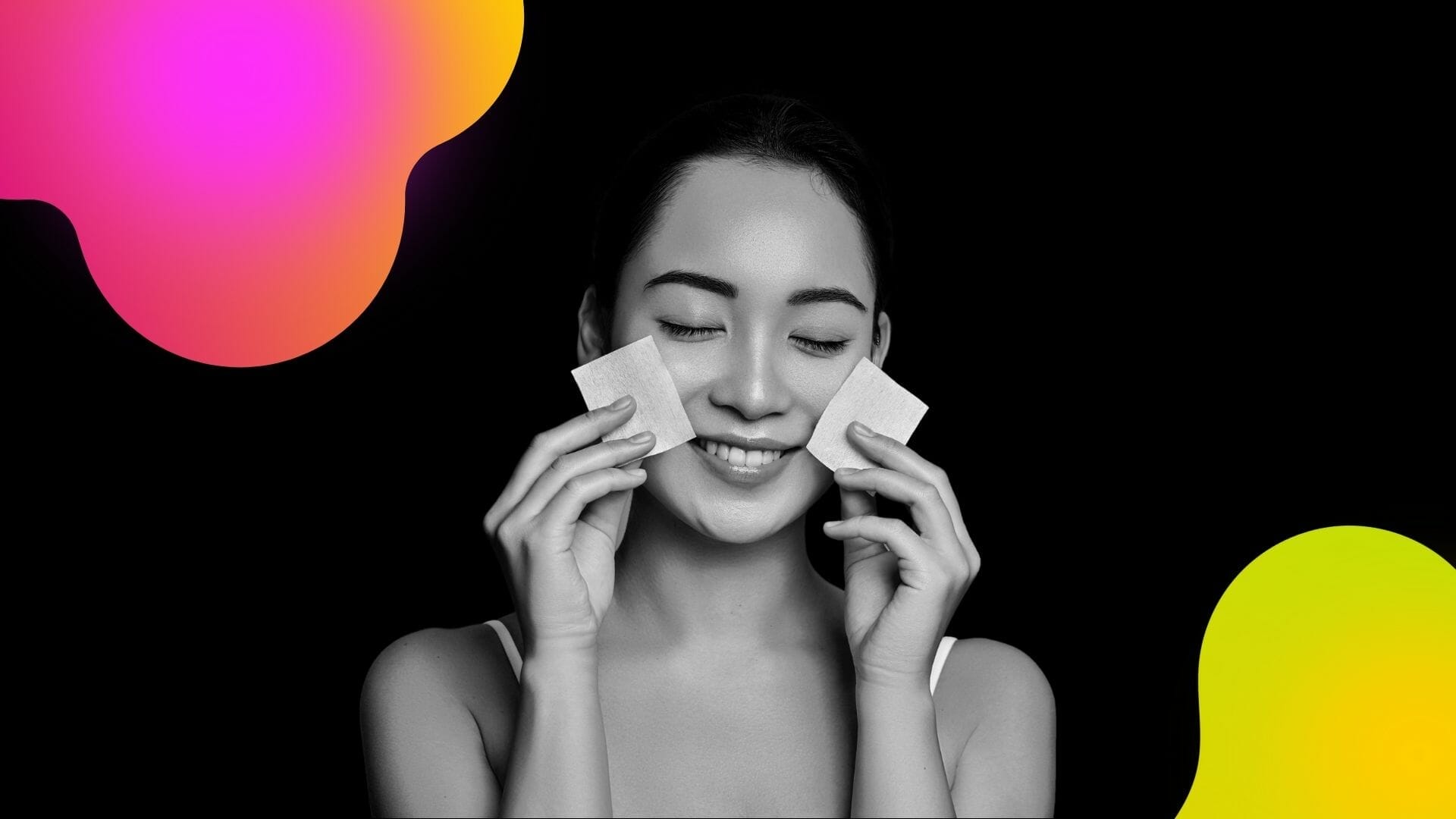

A brand ambassador is a person who passionately promotes a brand they want to tell others about. Usually, they are paid, but not always – in some cases, they may advocate for free merchandise, special sneak previews, or other perks. Brand ambassadors are also sometimes called brand advocates, representatives, etc.
Let’s take a look at the four types of brand ambassadors and how they might fit in with your branding efforts:
Boost Your Business with New AI Trends – Get a Free Strategy Session Today
Influencers


In the past decade, the term “influencer” has become a household word and a potential career path. In fact, a 2019 study found that 86 percent of Generation Z and Millennials aspire to be paid influencers.
An influencer typically has a large following on one or more social media platforms, or through their own website or platform. Because of this large audience, they make excellent ambassadors, if their audience is a good fit for your brand or product. Usually, influencers are paid in addition to receiving free products and special previews.
Influencers brought the “celebrity spokesperson” into the twenty-first century. Today, a person doesn’t have to be a big celebrity to be an ambassador for a brand. Someone with a following of fifty thousand people may be an excellent ambassador if they match up well with your target market. Even some people with smaller audiences in a particular niche you serve may be valuable assets to your brand. These influencers are likely to be more affordable for a new or small brand struggling to make its mark.
Many influencers offer a wide variety of options for promoting your brand. No longer are you limited to a 15-second or 30-second TV or radio spot. The influencer can post a YouTube video various lengths. They can demonstrate your product in a live video, or plan to use it in a recorded “how to” segment. You might arrange for them to mention your brand when talking about their favorite products in a category, or use it in a recipe for a cooking blog. The opportunities are endless, and there are often different options to fit larger and smaller budgets.
Customer Advocates


These are frequently unpaid ambassadors, people who really love your product and are excited to tell others about it. Hopefully, you already have some customer advocates. The key is to identify them, so you can offer them free merchandise, sneak previews, and other perks that they will even be more eager to talk about. For example, if your company makes computer games, you could identify your hundred biggest customer advocates, then offer them all an “exclusive” fan pass or membership allowing them to beta test new games before they come out. This serves several purposes:
- Your existing customer advocates get a special perk, which they’ll want to tell other gamers about.
- You get valuable feedback on the new games.
- If the advocate enjoys your game, they’re likely to recommend it to other gamers or invite them to play when it comes out.
Do you want to grow faster? Schedule a free consultation an call with expert.
Depending on your product or service, identifying existing advocates can be done in multiple ways. Here are a few ideas (your digital marketing agency may have more specific ideas for your brand):
- You can target people who like your Facebook page with ads seeking “Our biggest fans” to “Try new products for free” or something similar. Most other social platforms offer similar options for targeting fans.
- Some brands do well with contests or soliciting user-generated content. For example, Netflix promoted season 2 of its show Stranger Things with a hashtag campaign for #strangerthings2 that had fans submitting photos of “stranger things” in their own lives. The campaign not only generated publicity for the new season, but it also revealed a number of users who enjoyed the show. Your brand could do something similar, then offer a sneak peek or preview for the “top ten best videos” or “our favorite posts,” etc.
- If your brand is new or still growing, you could try a manual approach: Find all the users who are talking about your brand online, filter out any who have a negative opinion, and DM the others to see if they want to try your new product for free. This method is not recommended for larger brands or those that have a high amount of online buzz.
Expert Ambassadors


Expert ambassadors are usually influencers in their particular field, which relates to your product in some important way. For example, if you sell smoothie mixes, you might look for health and fitness experts. If your company makes orthopedic dog begs, you might look for veterinarians or canine health specialists. They don’t necessarily have to be a fan of your products before you approach them, but most experts are unwilling to take on products they don’t genuinely like. Be prepared to offer them free samples and a reasonable fee for their audience size. As with other influencers, your digital marketing agency can segment experts in a particular field by price range and find several candidates who fit your budget.
Affiliate Ambassadors
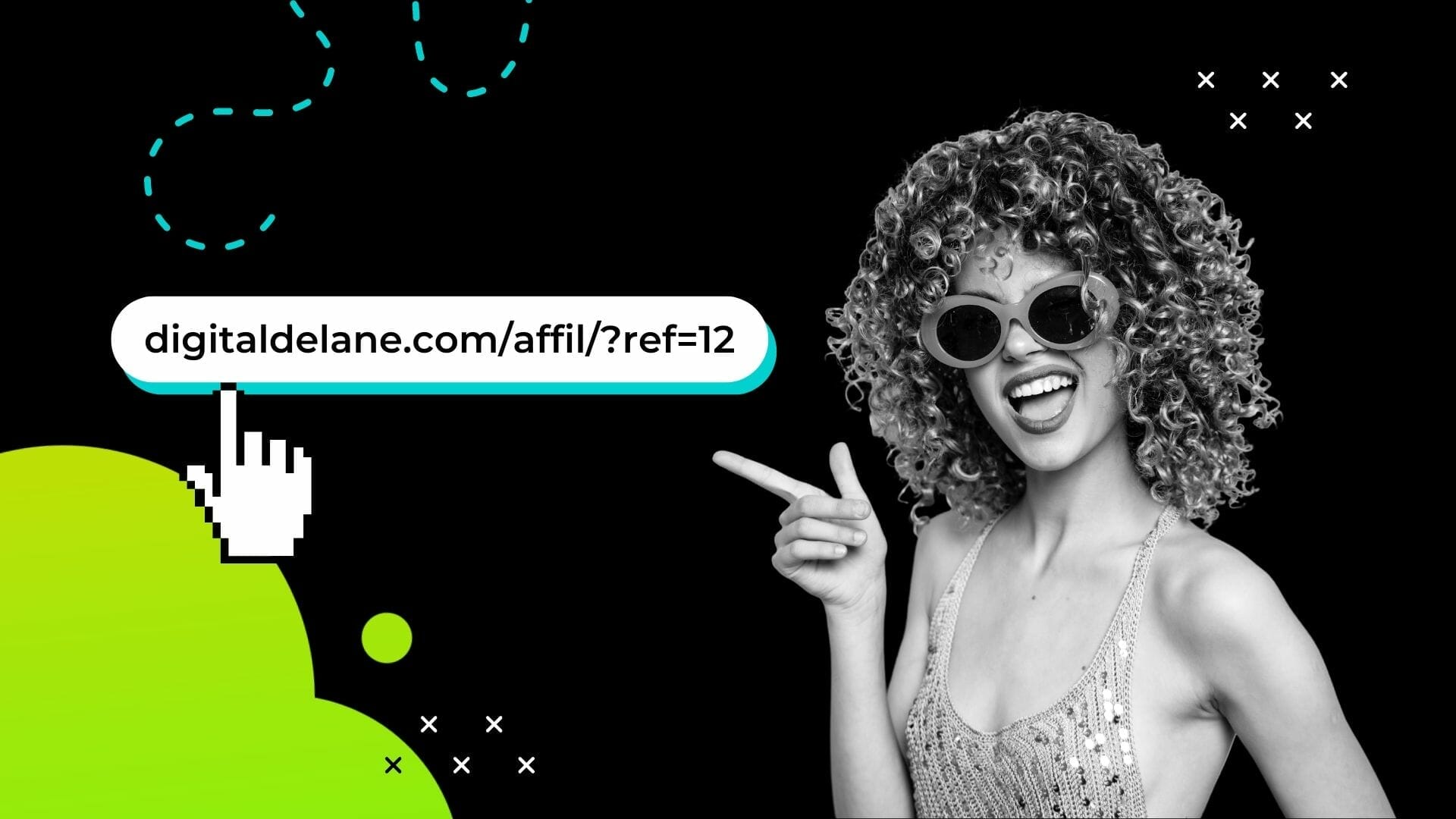

Also typically influencers, affiliate ambassadors may or may not be experts in their field. They are distinctive in that they generally receive a percentage of any sales they help you make. If you’re reading a blog and notice a small disclaimer about the author being an “affiliate” for a certain brand, that’s because the FTC requires a “clear and conspicuous” disclosure of affiliate status. To avoid any legal difficulties, you and your affiliate ambassador should agree on what the disclosure will be and how it should appear.
What Makes a Good Brand Ambassador?
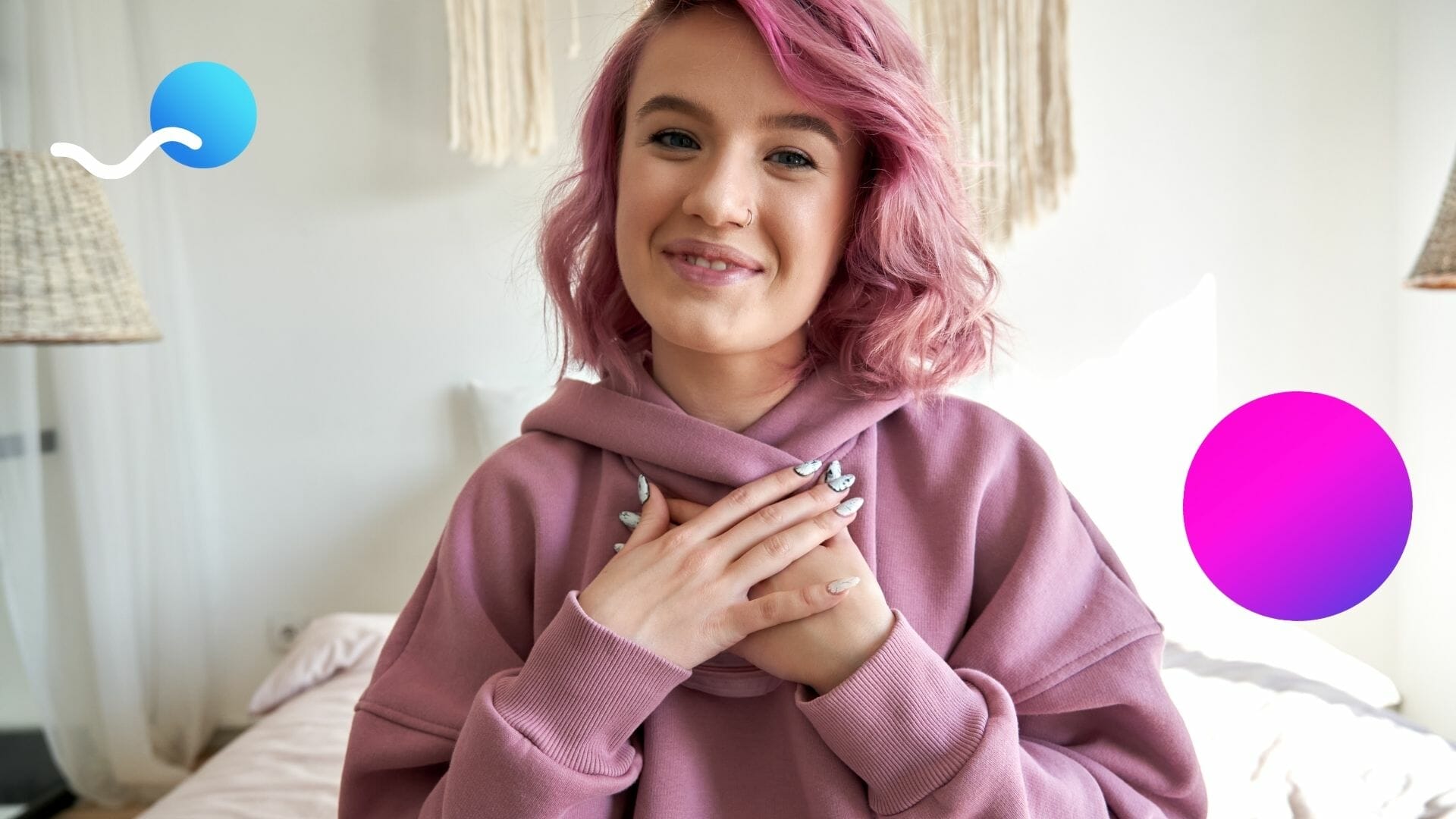

The most important consideration in choosing a brand ambassador should always be how well they resonate with and influence your particular audience. It’s not enough to choose someone popular in your industry or who appeals to a similar demographic (although this is a good place to start looking).
If you have customer advocates already, you might poll them about the influencers you’re considering. Do they actually look to any of these people for advice? Do they ever make purchases based on these influencers’ recommendations or products they mention using? It’s one thing to watch videos because you find them entertaining, but that doesn’t always translate into buying products recommended by the video’s creator. The insights you gain from doing this kind of market research could save you from investing money in an influencer who isn’t the best choice for your brand.
Not every company has the resources to conduct their own market research. If you run a smaller in-house marketing department, working with a digital marketing agency may help you gain the data you need, as well as putting you in touch with customer advocates.
Vetting Your Influencers
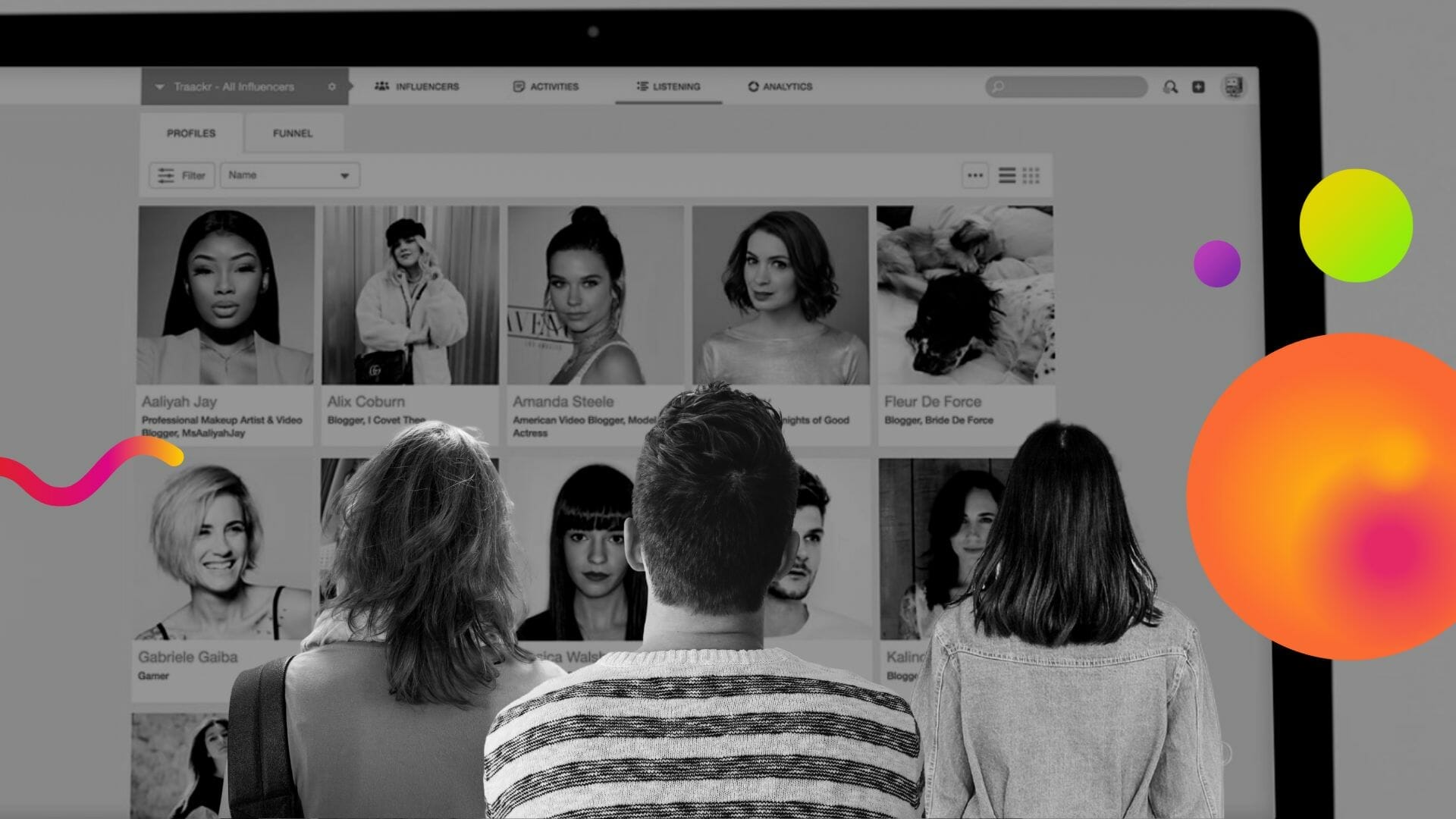

You’ll also want to be sure none of the influencers you ultimately choose could potentially embarrass your brand later on. Depending on your brand values and the influencer, this could include things like getting arrested or being exposed as a fraud when it comes to their industry expertise, and a number of other situations. A thorough look at the influencer, their background, and their business is necessary. Again, a digital marketing agency can assist you with this part if necessary.
Ready to Discuss Your Project? Chat With Our Marketing Team
Examples of Companies Utilizing Brand Ambassadors
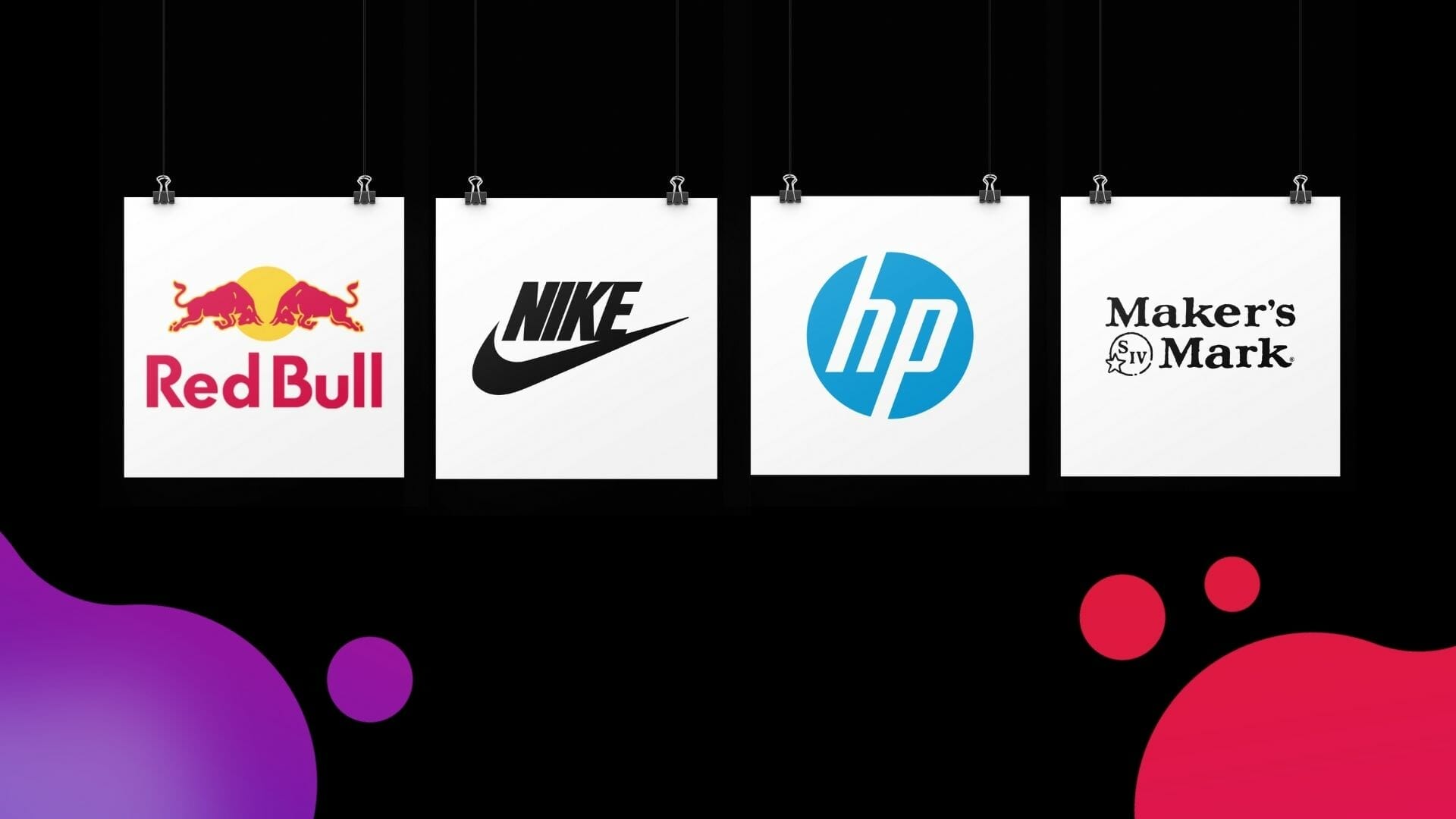

There are many different methods for using brand ambassadors, most of whom fall into one of the categories listed above. Some brand advocates fall into sub-categories, such as “student ambassadors” – these are customer advocates typically chosen for products marketed to college students.
Here are some real-world examples of companies that found creative ways to work with brand ambassadors:
Red Bull
This is an example of a well-run “student ambassador” program. Red Bull describes their campus ambassador positions as “not your average 9 to 5 job.” Ambassadors are chosen for their energy and enthusiasm for the brand. They support the sales team by inviting other students to try the product, as well as working with athletes and taking part in festivals and events. Ambassadors also receive samples and learn about executing marketing plans, so the experience is helpful for many students who study business or marketing.
Red Bull is not the only brand that focuses their ambassador program on college campuses. This strategy may work for any brand whose target audience is college students. Cereal companies like General Mills also recognize the opportunity to reach more target consumers through ambassadorship programs.
Nike
The athletic wear company has numerous brand ambassadors, many of them celebrity athletes like Cristiano Ronaldo or LeBron James. But they also seek out average people to represent the brand in different ways. In one collaborative effort with Foot Locker, Nike began an employee advocacy program to make some Foot Locker retail workers “brand advocates” for Nike shoes. These workers received titles like “Nike Pro Athletes” or “Nike Pro Leads” and were expected to advocate for the brand as part of their usual job. As a result, employee advocacy is technically a type of expert ambassadorship for the footwear industry. In this case, the expert is an accessible person you can go talk to at your local shoe store.
Technology brands like HP and Microsoft often use external employee advocacy too, offering free samples and training to employees at retail stores like Best Buy. In some cases, a technology company will employ a brand ambassador to visit stores and chat up workers, informing them of new products and dropping off samples.
HP
The technology giant utilizes employee advocacy not just with retail workers, but with their own internal employees as well. Their social media advocacy program identities, recruits, and trains employees to share HP-chosen content on social media. On average, employee advocates share about 700 pieces of HP-created content, only about 30 percent of which supports their own marketing campaigns. The rest is sourced content intended to help the program’s employees build their own social profiles.
Internal employee advocacy programs have several benefits:
- They increase content reach beyond those who follow the company’s social profiles. LinkedIn found that employee posts have 561 percent more reach than corporate posts. Employees also tend to have ten times as many LinkedIn connections as their company profiles.
- A digital marketing manager for HP noted that about 47 percent of B2B buyers would trust an employee more than the same company’s marketing department. (Okay, that stings a little, but it’s useful data all the same.)
- Employee engagement also improves when their LinkedIn and other profiles get more views and followers as they share useful content.
- LinkedIn reports that socially engaged companies with employee advocacy are 58 percent more likely to hire top talent, and 20 percent more likely to retain them.
Boost Your Business with New AI Trends – Get a Free Strategy Session Today
Maker’s Mark
Kentucky-based bourbon brand Maker’s Mark is a good example of a successful customer advocate program. The company pulls out all the stops to give their ambassadors a positive view of the brand that they can pass on to others. Instead of just sending out free samples from time to time, they offer perks like exclusive event invites and placing the names of ambassadors on barrels of the product at Star Hill Farm. They also send out early-access products and surprise perks. People interested in the ambassador program need to sign up for the company’s emails first, which gives Maker’s Mark a great way to expand their email list even if not all applicants become ambassadors.
Need Help with Brand Ambassadorship?
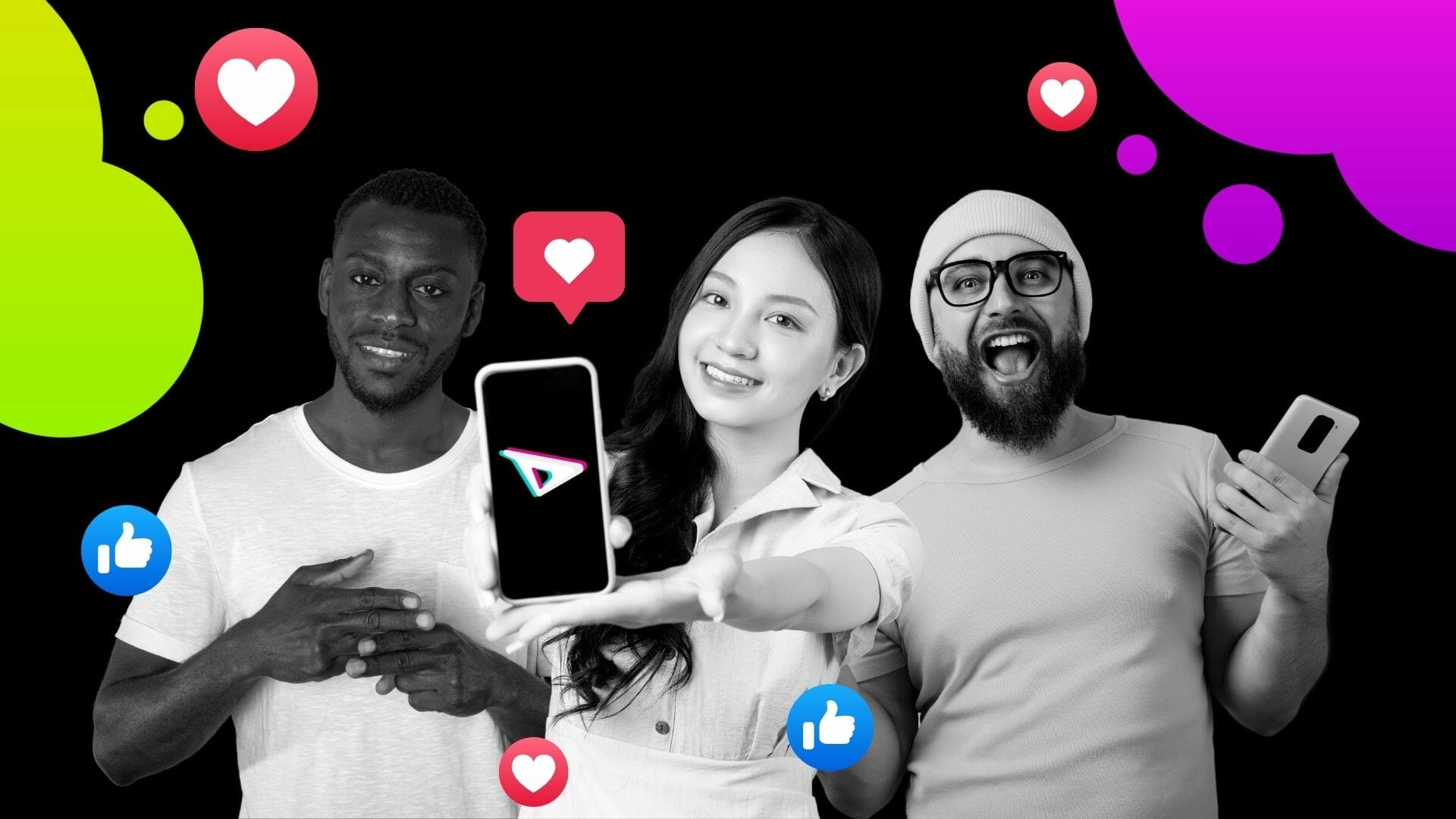

Determining the right type of ambassadorship for your brand is not always easy. Identifying the ideal ambassador candidates in your budget range is also a tricky process, and not every marketing manager has the time or resources to do it. If you think ambassadorship is right for your brand but need assistance moving forward, please contact Digital Delane for a free consultation about your options.


